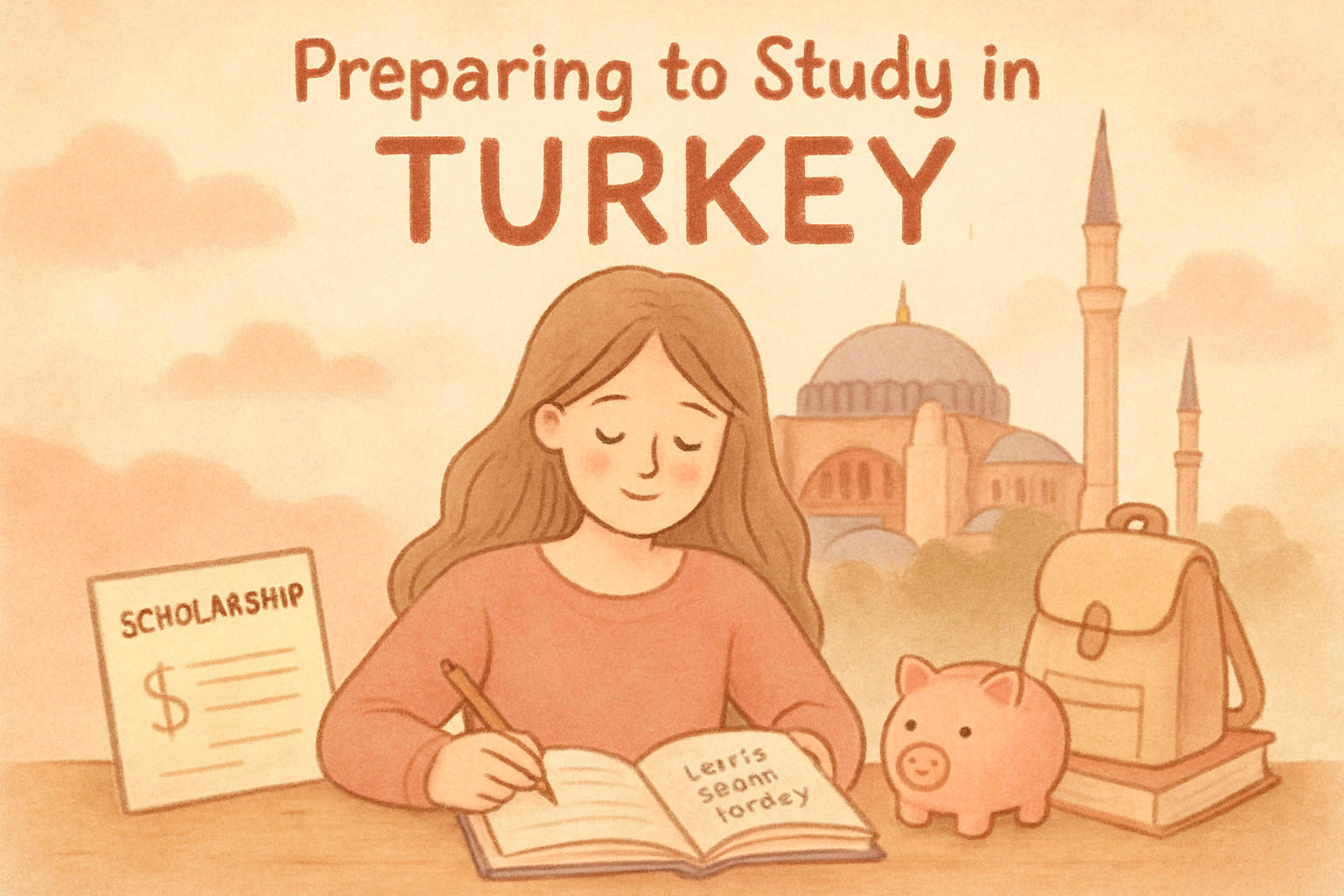Education Costs in Turkey: What Expats Should Expect

Living as an expat in Turkey has become increasingly attractive, thanks to its unique blend of culture, affordability, and vibrant lifestyle. However, modern expats must navigate various challenges, especially when it comes to education. Understanding the costs and available options is crucial for families and individuals aiming to make smart decisions for their future. This guide sheds light on education expenses in Turkey, offering practical insights tailored for expats seeking clarity and confidence in their planning.
Understanding the Turkish Education Landscape
The Turkish education system is diverse, featuring public and private institutions with distinct curricula, language options, and fee structures. Expats must choose between these types based on personal priorities, children’s academic backgrounds, and financial considerations.
- Public schools – Offer free education but with Turkish as the main language of instruction
- Private Turkish schools – Charge fees, may have bilingual programs, often attract local students
- International schools – Cater to expat families, use foreign curricula, fees are significantly higher
Families who value immersive cultural experiences might consider Turkish public schools, while those prioritizing continuity with home-country education systems may opt for international schools. Balancing these factors against costs ensures a well-matched educational choice for your child.
Public Education: Low Costs, Language Considerations
Turkey’s public schools offer free education for all residents, including expat children with residence permits. The absence of tuition fees makes them an attractive choice for those on a budget. However, these institutions teach primarily in Turkish, which can be a challenge for newcomers.
Beyond tuition, other expenses may come up, such as:
- Uniforms and school supplies (budget around $100–$300 yearly)
- Extracurricular activities and educational trips (optional; typically affordable)
- Meal plans or cafeteria costs (modest, especially in smaller cities)
Expat families who choose public schools often benefit from faster language acquisition and smoother cultural integration for their children. If you plan to stay long-term and want your child to assimilate quickly, this route offers unique advantages.
Private and Bilingual School Costs
Private schools in Turkey cater to families looking for specialized curricula, enhanced facilities, or bilingual education. Fees for these schools can range widely but typically fall between $2,500 and $10,000 per year, depending on the school’s reputation, location, and amenities.
Key features often include:
- Smaller class sizes for personalized learning
- Access to modern facilities (labs, sports areas, arts centers)
- Bilingual programs or international certifications
- Optional after-school clubs and enrichment activities (some included, others extra)
These schools serve both Turkish and international students, offering an opportunity for expat children to build friendships locally and among other expatriates. While tuition is considerably higher than in public schools, scholarships or sibling discounts may mitigate the overall expense.
International Schools: Premium Offerings for Global Families
For expats wanting continuity with Western education systems, international schools provide the most seamless transition. They follow British, American, French, German, or IB programs, making them especially popular among diplomatic or corporate families.
Annual tuition ranges from $10,000 to $25,000 or more, with higher fees in Istanbul, Ankara, and Izmir. Common additional expenses include:
- Registration and application fees (often $500–$1,500, non-refundable)
- Annual development fees or materials fees
- Uniforms, books, and technology
- School transport (optional but vital in cities with heavy traffic)
These schools deliver strong academic programs, multinational peer environments, and international exam preparation. The consistency in curriculum can make transitions back to home countries or onward assignments much easier, being mindful that the investment is substantial for most families.
Higher Education: University and Vocational Fees
Turkey boasts reputable universities that attract thousands of international students every year. Public universities offer low tuition, especially in Turkish-taught programs, with annual fees from $500 to $2,000. English-taught programs may cost noticeably more, yet remain competitive compared to Western countries.
Private universities present tuition fees ranging from $5,000 to $20,000 per year, depending on degree and reputation. Vocational and technical institutes provide further alternatives, often at reduced rates.
Practical details to consider:
- Many universities offer scholarships and flexible payment plans
- Dormitory accommodation is affordable but limited—private rentals can increase living costs
- Student visa and residence permit fees apply for non-citizens
Choosing Turkey for higher education can offer a strong value proposition, combining internationally recognized programs with cost-effective tuition for mobile students and expat professionals seeking advanced qualifications.
Planning Tips for Expats: Making Smart Decisions
Education costs in Turkey vary, but with research and clear priorities, expat families can find fitting options that support both personal goals and budgets. Compare curricula, facilities, and fee structures before choosing a school or university. Consider the following when budgeting:
- Length of intended stay in Turkey
- Children’s age and language abilities
- Desired curriculum and future academic plans
- Availability of scholarships or financial aid
- Total annual costs including transport, meals, and materials
Whether selecting the affordability of public education, the specialized environment of private schools, or the familiarity of international institutions, Turkey offers diverse pathways. With a strategic approach, expats can give their children a rewarding and culturally rich education while managing costs confidently and effectively.
